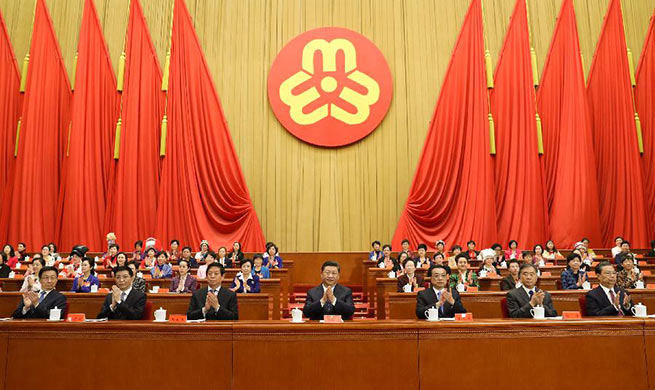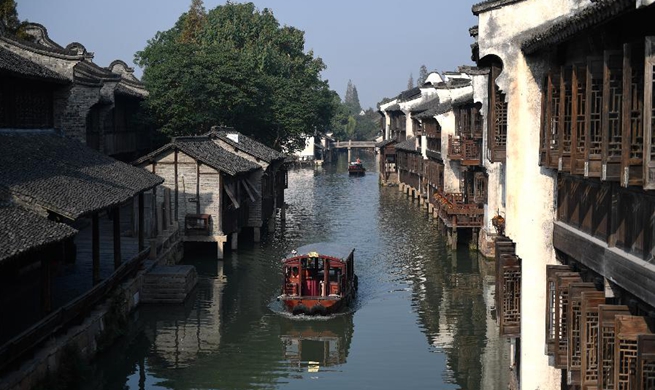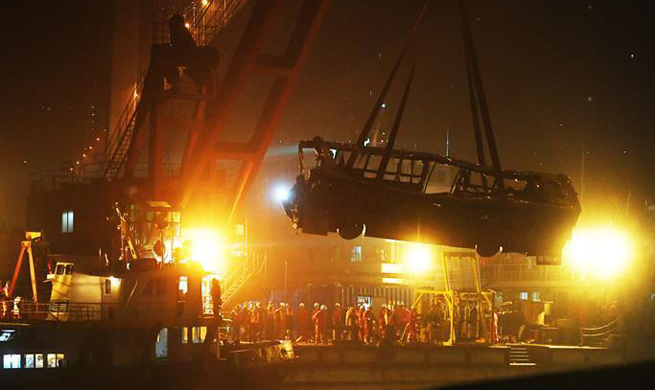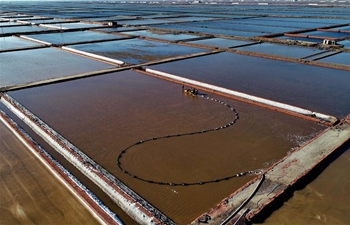WASHINGTON, Oct. 31 (Xinhua) -- The U.S. State Department on Wednesday backed off from the earlier remark that Secretary of State Mike Pompeo might meet with his counterpart of the Democratic People's Republic of Korea (DPRK) next week.
In a press briefing, Robert Palladino, deputy spokesperson of the State Department, said that Pompeo would be speaking to his DPRK counterpart, without providing details as to whether the two sides would meet or not.
"I have nothing - no further details to provide about how that speaking to his counterpart will take place, where, when, et cetera. I have nothing further at this time," he said.
"I will support smoke signals," he added.
Earlier in the day, Pompeo told The Laura Ingraham Show that he would speak with the DPRK side next week to discuss Pyongyang's reported readiness to open its nuke and missile sites for international inspectors, as well as the second summit of two countries' leaders.
The West media outlets have widely interpreted his remarks as a sign of meeting to lay the groundwork for the second summit.
In the interview, Pompeo said that "we do have the intention of President Trump and Chairman Kim getting together before too long, hopefully early in the next year, where we can make a substantial breakthrough in taking down the nuclear threat from North Korea (DPRK)."
According to a report by the DPRK's state-run news agency KCNA, during Pompeo's visit to Pyongyang earlier this month, Pompeo said he and Kim shared the same view over holding a second U.S.-DPRK summit as quickly as possible.
Kim also invited inspectors to visit the Punggye-ri nuclear test site to confirm that it has been irreversibly dismantled.
U.S. President Donald Trump also said earlier this month that his upcoming meeting with Kim will be held after the midterm Congressional elections in early November.
He added that the venue of his second meeting with Kim has been narrowed down to "three or four" locations.
The first-ever DPRK-U.S. summit was held in Singapore on June 12. According to a joint statement signed by Trump and Kim, the United States would provide a security guarantee to the DPRK in return for Pyongyang's commitment to denuclearization.
However, U.S.-DPRK talks have been stuck in an impasse due to their differences over the scale of denuclearization, U.S. sanctions, and whether to issue a war-ending declaration.













